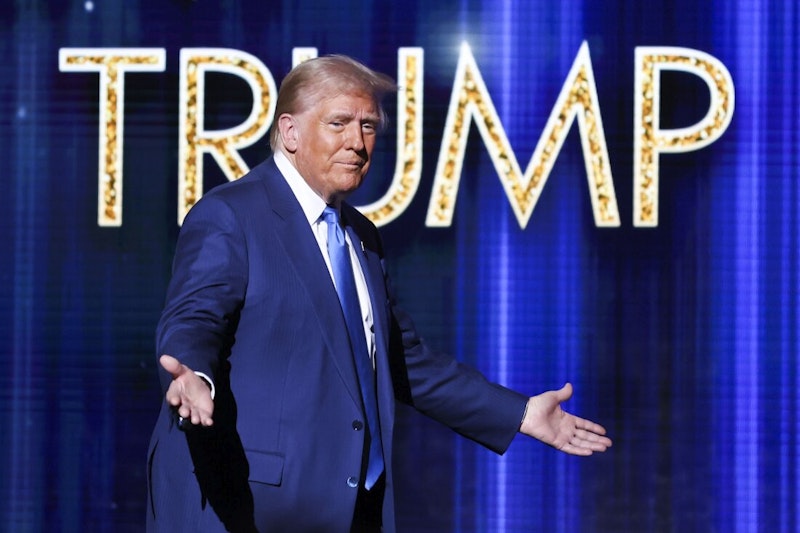On a winter day in 1988, a snowstorm shut down the federal government, except for essential personnel. The snow was heavy in New York as well as D.C., and I was in a midtown office building working on my first article as a non-student journalist. It was for Business International Money Report, a newsletter that (I’d find out long after) once featured the financial journalism of a young Barack Obama. My article was about a new system the Treasury Department was implementing to administer its outgoing payments.
I called a Treasury Department official and interviewed him about it. I don’t remember his name, and finding the article, which isn’t online, would require a laborious search through boxes in my house. The official said he was essential personnel, which my editor found amusing as to how someone with that status would have time to chat with me on the phone while the government was shutting down.
That old memory came to mind as I read a Washington Post story on how a senior Treasury official is “departing after a clash with allies of billionaire Elon Musk over access to sensitive payment systems.” The article reports that “[t]he clash reflects an intensifying battle between Musk and the federal bureaucracy” as “Musk has sought to exert sweeping control over the inner workings of the U.S. government.” You may recall that the Department of Government Efficiency, to be run by Musk and Vivek Ramaswamy (already forced out), was to be a non-governmental advisory body. Instead, it’s been converted into a government office (grafted onto the Federal Digital Service) and given powers of unclear scope and legality. In 1988, at least, “sensitive payment systems” were managed by people with clear-cut job descriptions and accountability, not cronies of an unstable Icarus-like billionaire.
Under the second Donald Trump administration, the federal government is decaying rapidly. It’s not transforming into a leaner, more efficient operation, nor reorienting toward a more free-market economy. Rather, the administration, with complicit allies in the legislative and judicial branches, is shredding institutional safeguards against abuse of power and undermining the rule of law, including checks and balances written into the Constitution. The administration has already disregarded an order by the Supreme Court, the one upholding a ban on TikTok. It’s fired inspectors-general without complying with a law about timing and cause. It’s undertaken, albeit in a stumbling way, to undermine Congress’ control over spending, which is central to the constitutional separation of powers.
Perhaps the Democrats, with a few renegade Republicans, will have some successes in resisting this onslaught. Perhaps power struggles within the Trump administration will limit the push toward autocracy, resulting in fiefdoms that are contrary to the “unitary executive” theory that the administration propounds. That theory denies that any portion of the executive branch should be able to operate with any degree of independence from the dictates of the president, and that Congress or the courts have any power to legislate or decide any limits on the president’s control over the branch. Propounded as a doctrine against unaccountable bureaucrats, it is instead a recipe for dictatorship.
I might be an alarmist who’s getting things wrong. I’d welcome suggestions, ongoing, about what I should read, including political articles supportive of the administration. Leave them in the comments of my Splice Today articles or find me on BlueSky. I’ll look as able and respond when that’s worthwhile. I’m not normally on X anymore; I’ve lurked there a few times recently with my old book account, however, and my impression was that, contrary to a florescence of free speech, sparks of independent thought on that platform have faded. Still, as confirmation bias is all too easy on the internet, I’d appreciate some pointers toward cogent pro-Trump arguments I might’ve missed.
Splice Today’s proprietor, Russ Smith, publicly rejected my offer of a free month of Jennifer Rubin’s The Contrarian, after telling me by email that he couldn’t think of “anything worse.” While I recommended a few other publications in response, I’ll reiterate in particular my suggestion that readers take a look at Damon Linker’s Notes from the Middleground. Linker has a talent for subjecting his own ideas to critical scrutiny, rethinking them as circumstances develop; it’s a capacity much-needed and too-uncommon today.
—Kenneth Silber is author of In DeWitt’s Footsteps: Seeing History on the Erie Canal. Follow him on Bluesky

